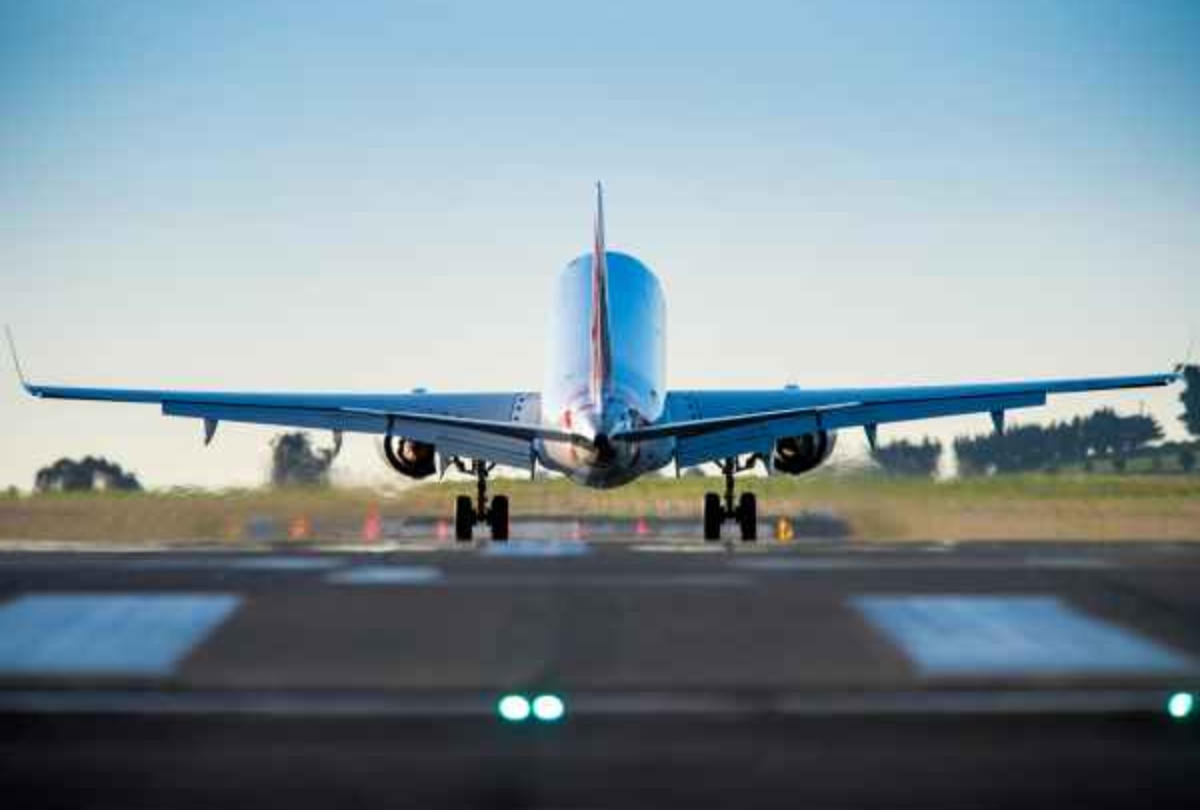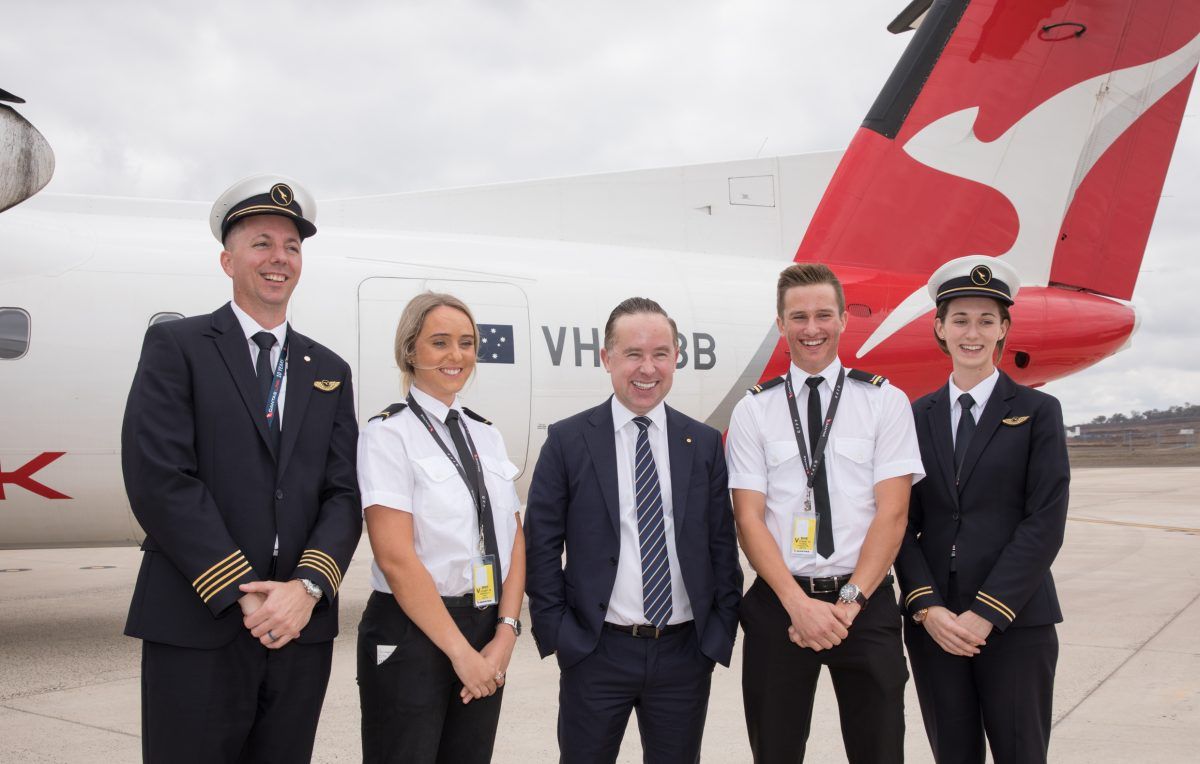The global pilot shortage is having repercussions everywhere, including in Australia. Airlines worldwide let their pilot numbers drop during the pandemic. The Australian Federation of Air Pilots, the country's peak pilot body, says around 23% of its members were made redundant during COVID-19. As the airlines get back on track faster than anticipated, pilot shortages are causing some complications.
Australia's two biggest passenger airlines, the Qantas Group (which includes Jetstar) and Virgin Australia, are both boosting their pilot numbers. Qantas runs its own pilot academies, and Virgin Australia is recruiting as it plans to increase its fleet numbers. Recently complicating matters in Australia were COVID close contact rules, which temporarily ground working pilots (and other airline workers). In one well-publicized case, Qantas sent out an urgent plea for pilots to put some overtime in to keep three long-haul international flights and several domestic flights flying the following day.
Like airlines elsewhere, Australia's big airlines have enough pilots to operate their scheduled flights, but their reserve pilot ranks are thin, and when things go wrong, that thinness can become a problem.
Smaller airlines feel the pain shortage pain
But arguably, the biggest impact of Australian pilot shortages is being felt further down the airline food chain. The big airlines are very good at picking up pilots who trained and racked up their hours at smaller airlines. It is a long-established practice, albeit an infuriating one for smaller players who pump the time and money into training up their pilots.
There are plenty of training institutions in Australia that provide the mandated theory, but traditionally the challenge has been getting the first job to accumulate flying hours. Young pilots just out of flying school would scramble for places as bush pilots, nighttime freight pilots, and small commuter airlines. But it's far less of a scramble these days.
What aviation news will you discover next?
There is strong demand for entry-level pilots at charter and tourism companies, regional carriers, and flight training schools in Australia. There's some anecdotal evidence that the more remote the work, the harder it is to find pilots. And it's not just pilots; finding qualified people to maintain the planes in the remote back blocks of Australia is increasingly a challenge.
Turboprop airline Air Link is based at Dubbo, a five-hour drive west of Sydney. Dubbo hardly qualifies as remote, but the airline gets around some of the far-flung airports of New South Wales. Air Link is looking for entry-level pilots. The airline sets some minimum flying hours and other prerequisites but notes these are desirable rather than essential. Air Link is also looking for engineers.
Pilot shortage unlikely to ease in the short term
Regional Express (Rex) is bigger than Air Link but smaller than Qantas or Virgin Australia. Rex runs its own pilot academy and is soliciting applications. You need to be 18, an Australian citizen and have finished high school to get a look in - not the toughest criteria. Rex is also looking for engineers, flight attendants, flight instructors, and a host of ground workers.
Air Link and Rex generally serve as defacto pilots nurseries for the bigger airlines. For its part, Rex's displeasure with this state of affairs is on the record, but there's not much they can do to prevent a resignation if a job flying long-haul for Qantas or Singapore Airlines or Emirates beckons.
Most industry observers expect the worldwide demand for pilots to exceed the supply for several years to come. As the big airlines suck up pilots from smaller airlines, it's those aviation industry employers who traditionally take on and train up entry-level pilots who will most feel the squeeze.


